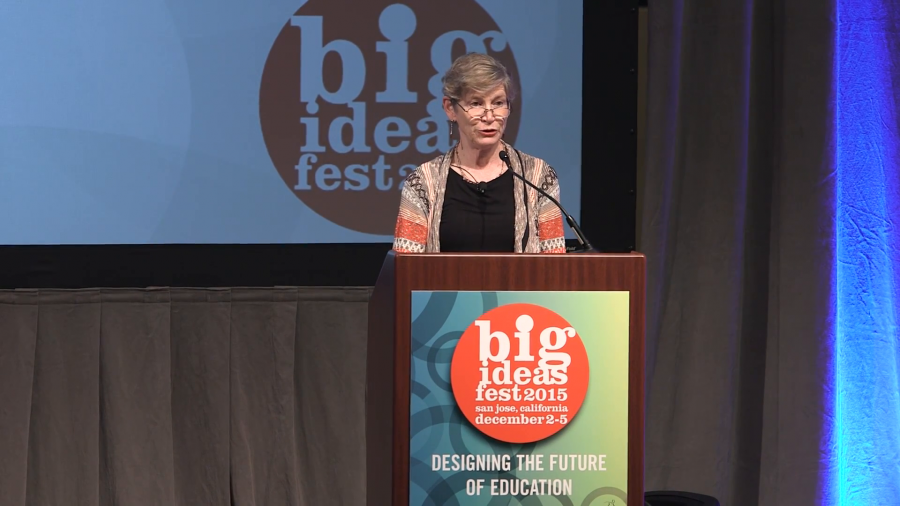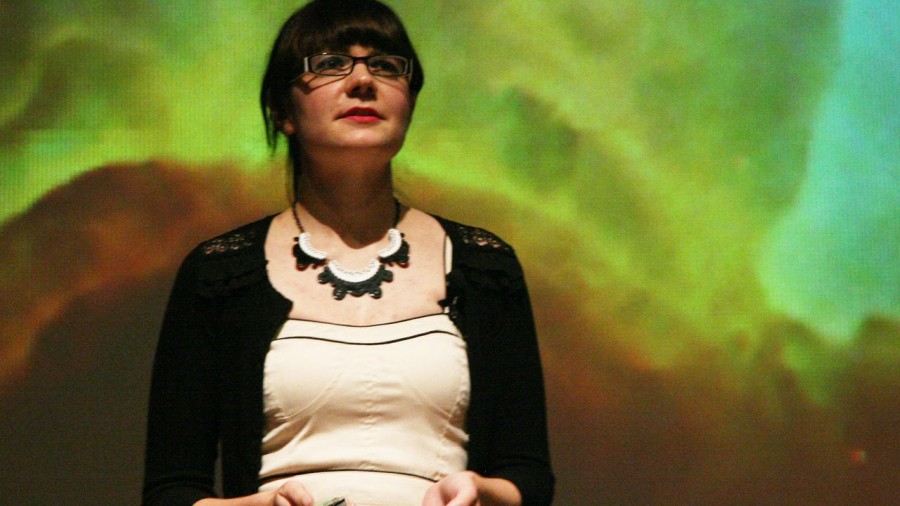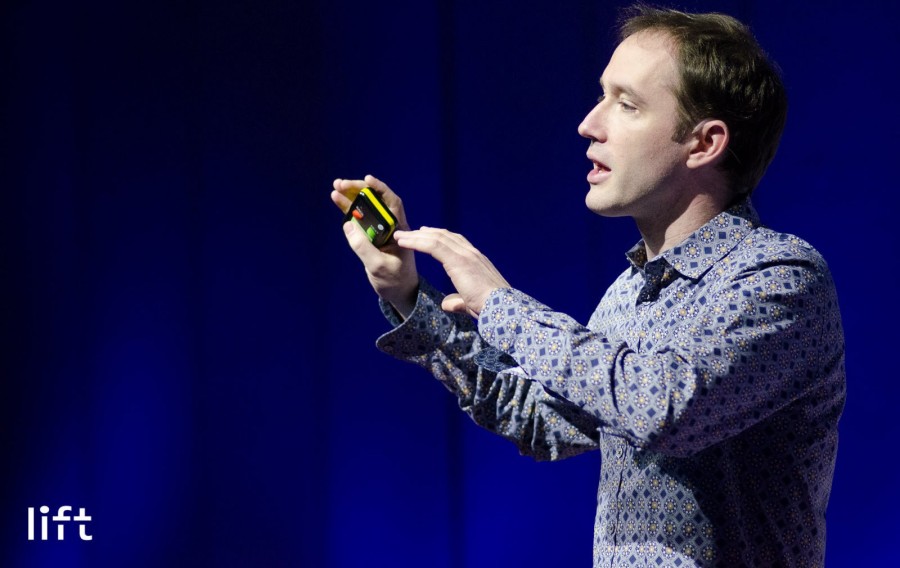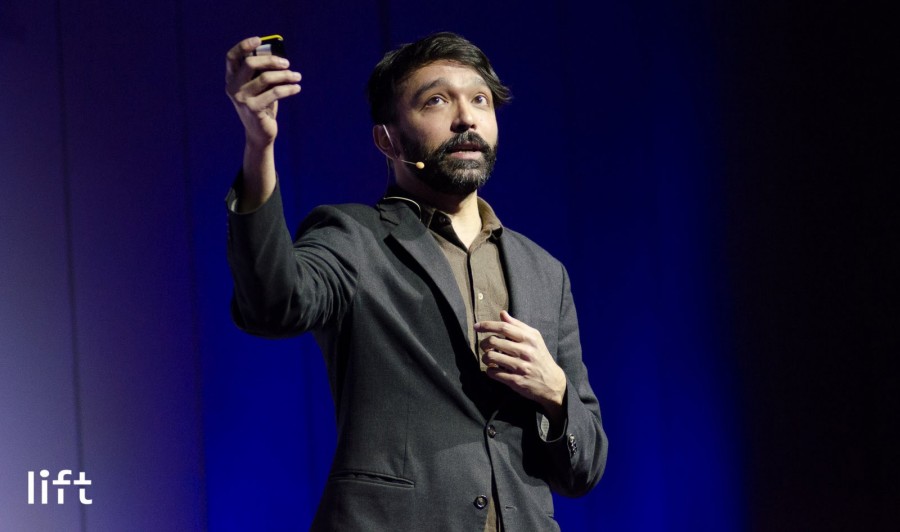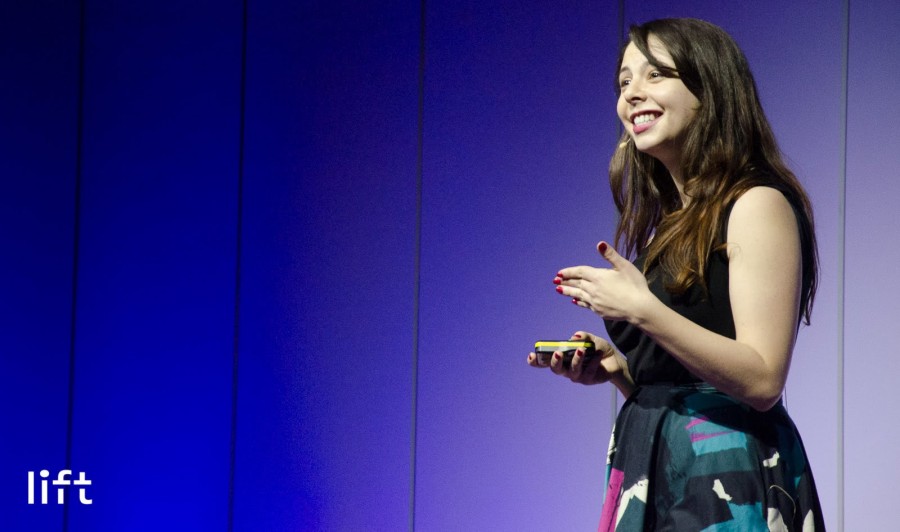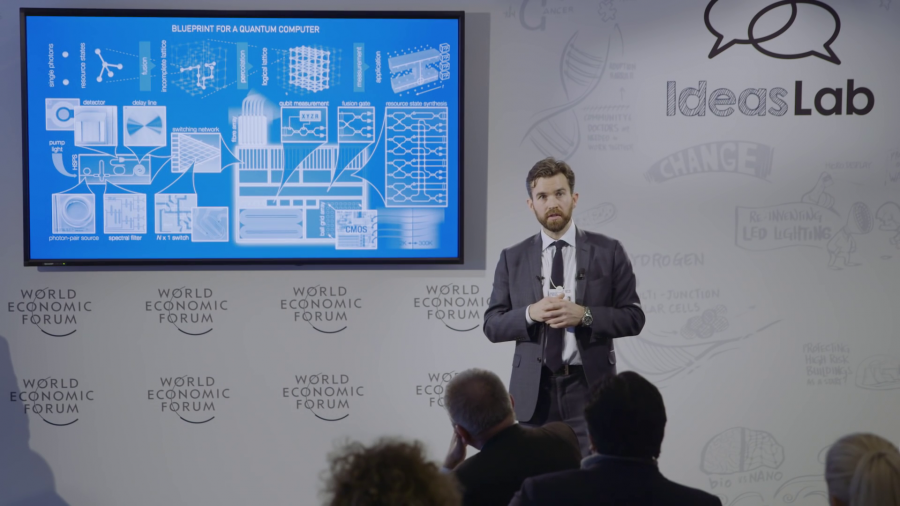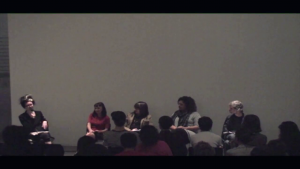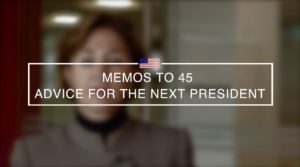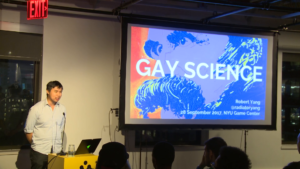You might have heard that this week Mark Zuckerberg and Priscilla Chan announced that they’re going to give away 99% of their Facebook stock in hopes of making the world a much better place for their newborn daughter and her generation. Now, I just want to be right up front with you. I have no inside information about this fascinating development. But what I do have is inside information, the inside story, on a gift that this couple made five years ago in their first act as philanthropists.
Biased Data Panel Q&A
presented by An Xiao Mina, Casey Reas, Johanna Hedva, Marika Cifor, Safiya Noble
We're losing our ability to forget the things that should be forgotten. Wait until you try to run for Senate or Congress, some of you in this room, and some pictures or text roll up. Read more →

